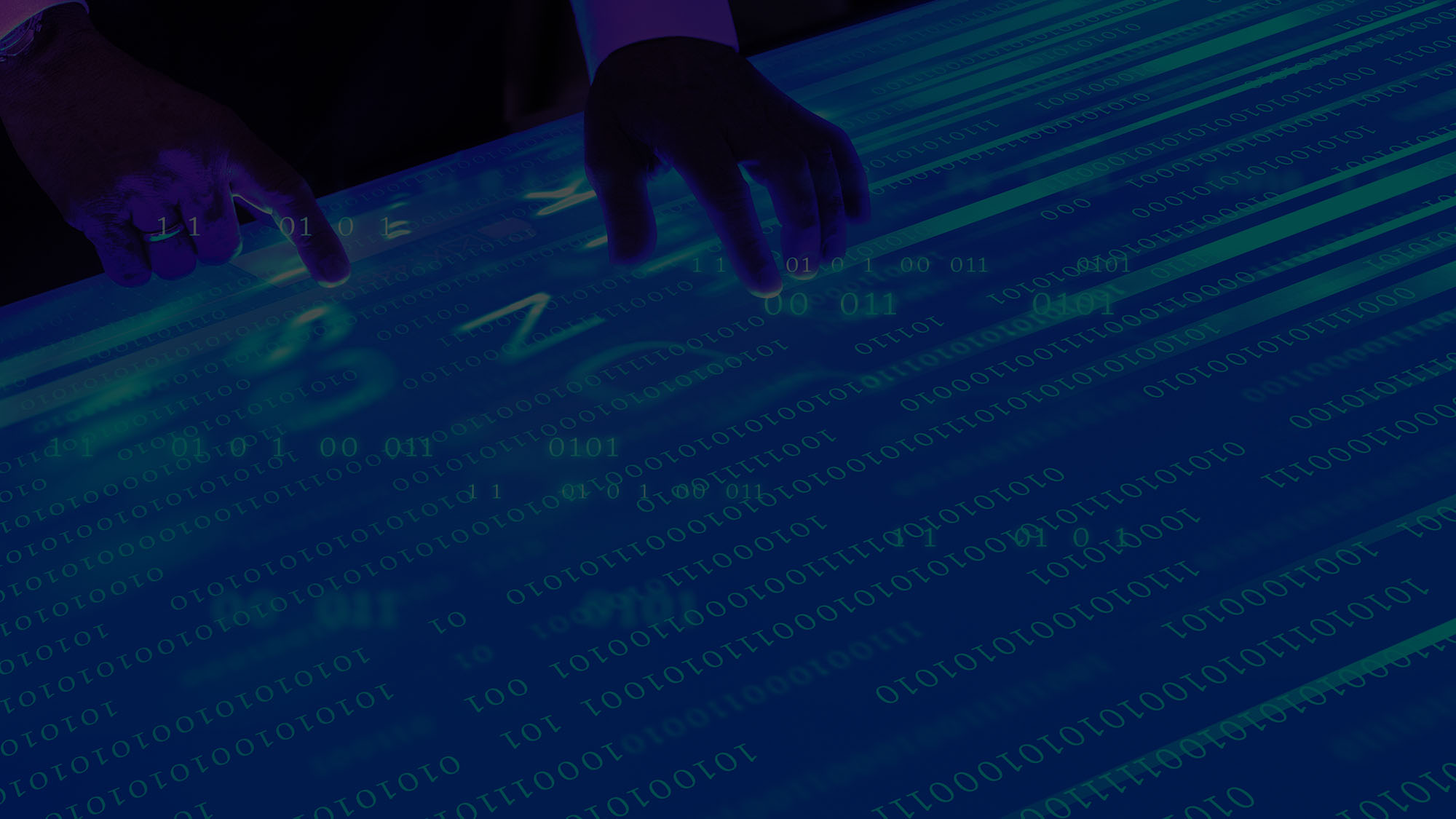Global initiative calls for binding AI red lines by 2026
The signatories include several Nobel Prize winners, former heads of state, and prominent researchers such as Geoffrey Hinton, Ian Goodfellow, and Yoshua Bengio. Others lending their support are OpenAI co-founder Wojciech Zaremba, historian Yuval Noah Harari, and actor and writer Stephen Fry.





